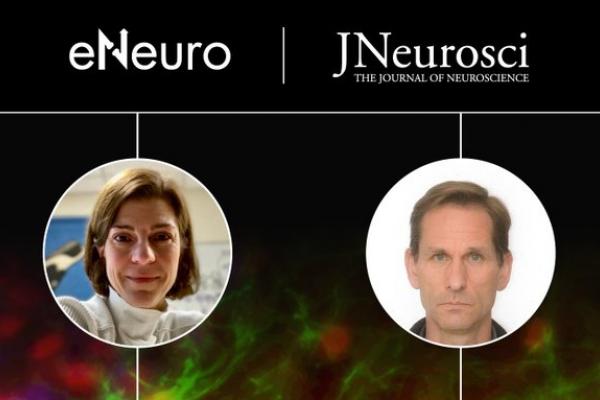
Watch the latest #ResearchInConversation webinar from Neuronline/SfN on demand now. Bruno Averbeck and Associate Professor Anne-Marie Oswald discuss best practices for writing and formatting computational neuroscience manuscripts.
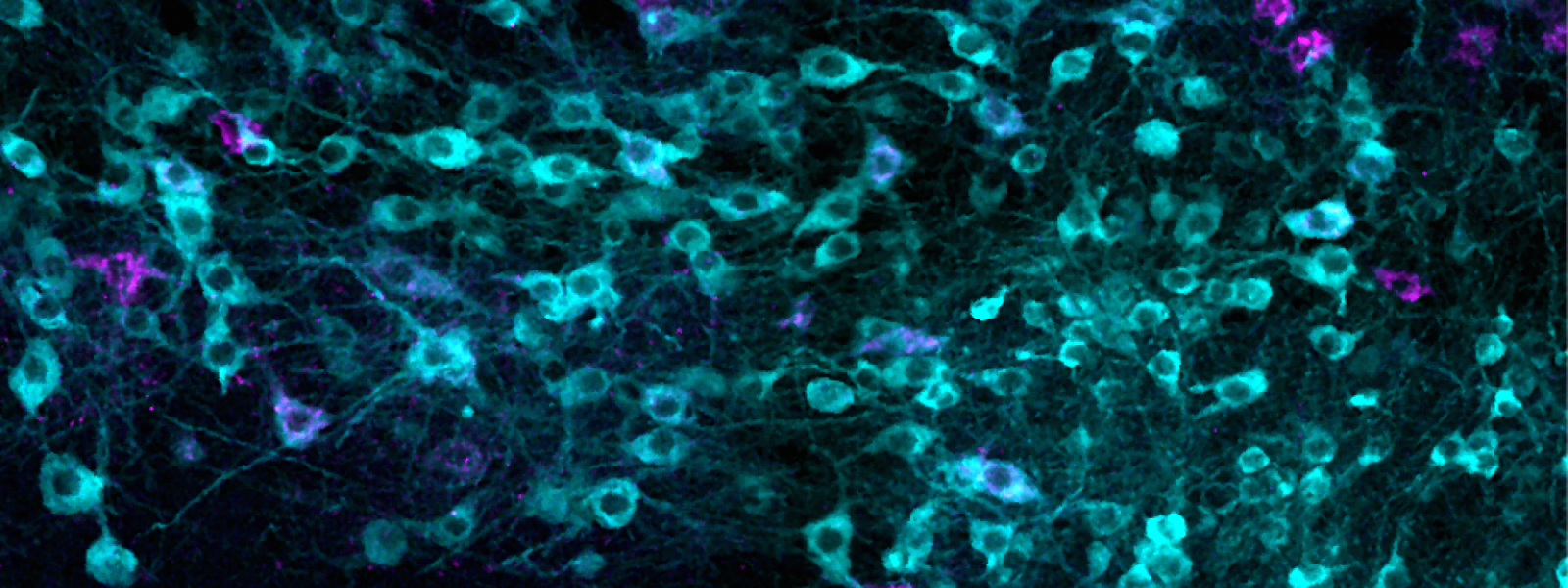
Sign up for our Neuroscience Newsletter to receive articles as soon as they're posted.

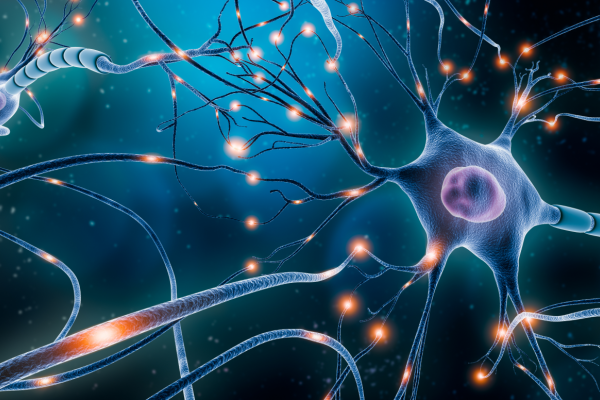

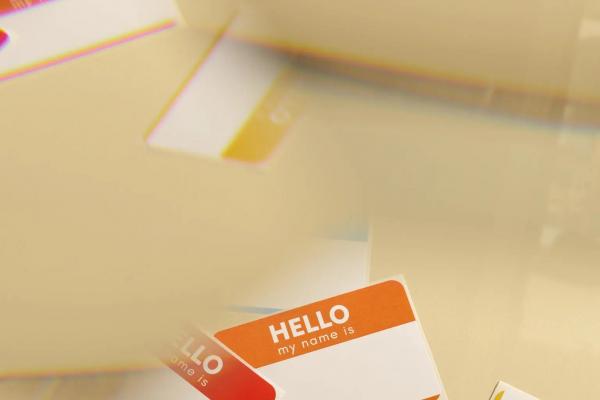
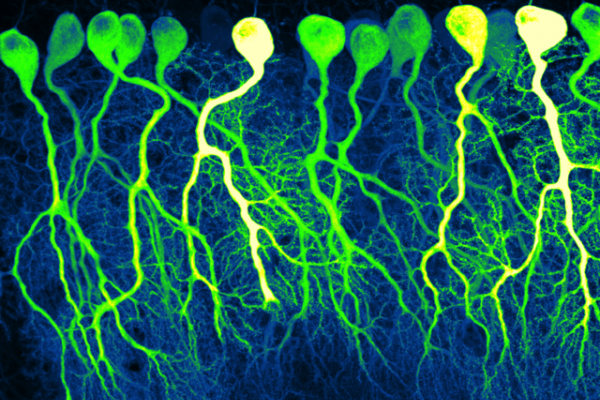
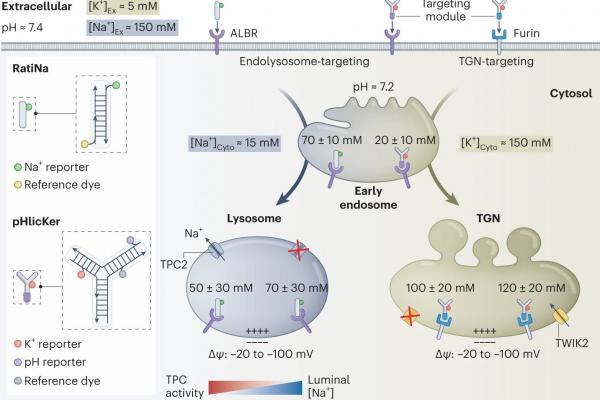
Sign up for our Neuroscience Newsletter to receive articles as soon as they're posted.
© 2024 The Neuroscience Institute. All Rights Reserved. Web Design by EDUCO